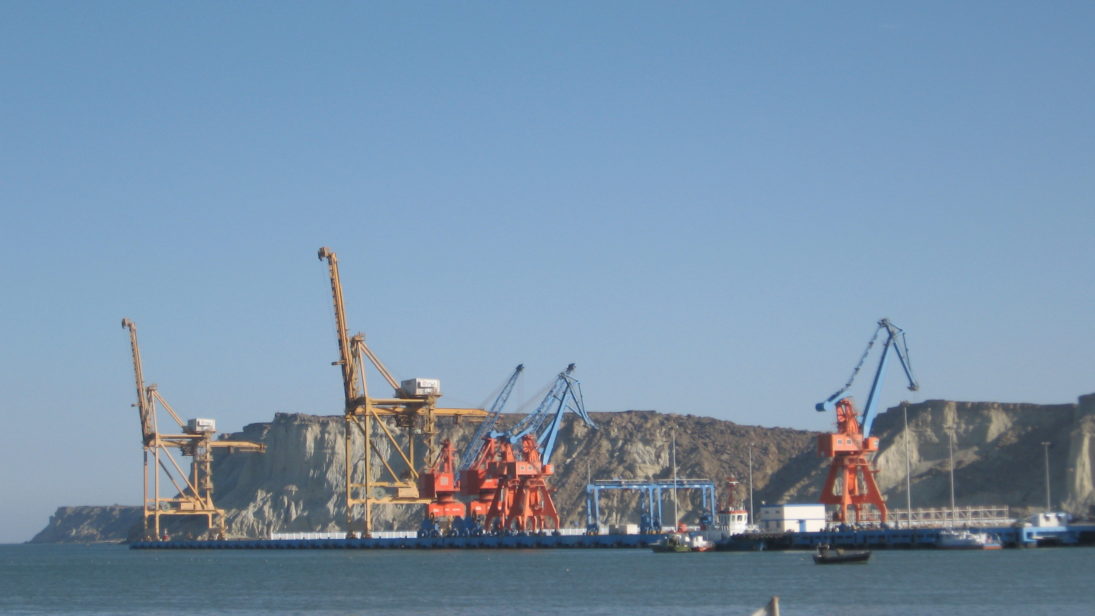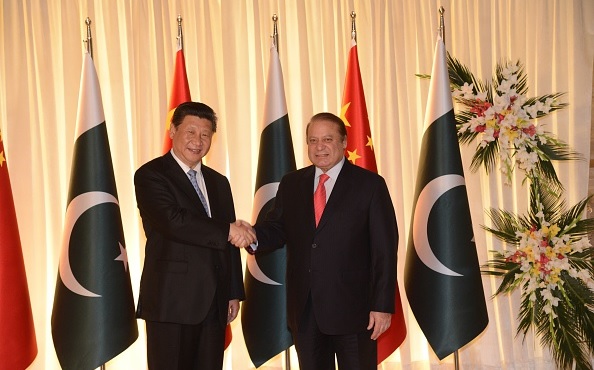
The China-Pakistan Economic Corridor (CPEC) is an immense economic opportunity for Pakistan, which can be utilized for broader economic and political leverage to improve its global standing. However, the project continues to face persistent hurdles, which must be overcome to reap its true benefits.
CPEC: An Instrument of Power for Pakistan
CPEC will further connctivity in Pakistan through highways, railways, and pipelines. It will enhance electricity production, which is especially important as estimates suggest that energy shortages have inhibited Pakistan’s Gross Domestic Product (GDP) growth by two percent annually. Additionally, it is estimated that CPEC could create up to 700,000 Pakistani jobs and bolster GDP growth by up to 2.5 percent.
Beyond its direct economic benefits, CPEC could signal the basis of a rational, calculated foreign policy for Pakistan that centers around economic connectivity as the foundation of political stability. European Parliamentarian Hannes Swoboda has argued that connectivity establishes economic relationships across borders, even in areas of conflict, and bolsters the creation or preservation of peace. However, as she explains further, “sometimes peace and mutual confidence are preconditions to promote connectivity.” CPEC exemplifies the latter view in that its full potential depends upon conditions of currently absent peace and mutual confidence.
Challenges Dogging CPEC
Policymakers should be mindful of the following strategic concerns that could undermine CPEC: continued security concerns about the safety of Chinese investments in Pakistan, growing concerns about Indian disapproval and potential action against CPEC, and the need for Pakistan to balance its relationship between Saudi Arabia and Iran when considering both countries’ desire to join CPEC.

China’s Security Concerns: China is worried about the stability and economic progress of its investments in CPEC because of perceived weaknesses in Pakistan, such as widespread corruption, militancy, separatism, and political unpredictability. Of particular concern are attacks on infrastructure and personnel by Balochi insurgents in important areas such as the port of Gwadar. An attack by Balochi insurgents recently killed two Chinese engineers. China is also concerned that activity in areas falling within the domain of the corridor, suspected of being a training camp for Uighur rebels, could risk provoking an alignment between Uighur separtaists and the Tehreek-e-Taliban, potentially worsening terrorism in China’s Xinjiang Province. Therefore, Pakistan needs to focus on resolving these security issues in order to secure these investments.
Indian Concerns: India has expressed concerns about CPEC running through Gilgit-Baltistan, disputed territory between India and Pakistan. This has generated concern about Indian interference with the project, especially in Balochistan. Hu Shisheng, of the China Institute of Contemporary International Relations (CICIR), a government-affiliated think-tank, charged that India might use “anti-government elements” in unstable Balochistan. This is coupled with Pakistan’s accusation of Indian covert activity in Balochistan and the capture of an alleged Indian spy. Potential Indian threats to the project, especially because it runs through areas of disputed territory, such as Gilgit-Baltistan and Pakistan-administered Kashmir, cannot be ignored.
Saudi Arabia-Iran’s Interest and Pakistan’s Concerns: Recent geographical and international developments in world politics have made Saudi Arabia and Iran eager to join CPEC. As Iran comes out of isolation, Pakistan’s relations with Iran have shifted in a more positive direction, as exemplified by the renewal of the Iran-Pakistan gas pipeline project. The pipeline, combined with involvement in CPEC, would put Iran in a lucrative position to profit from China’s overall vision of a “New Silk Road.” However, closer ties with Iran put Pakistan in a delicate position with its traditional ally and Iranian rival Saudi Arabia. While Pakistan has a historically close relationship with Saudi Arabia, it also cannot afford enmity with Iran because of the potential problems it could cause in Balochistan, which again is imperative for the completion of CPEC. In order to balance these two rivals, Pakistan should pursue an independent policy with each of them.
Conclusion
Pakistan needs to exhibit a calculated and rational foreign policy with economic connectivity serving as the foundation of political stability. Economic development can pave the way for resolving its strategic security concerns. A case in point is Balochistan where strengthened cooperation with China and Iran could undermine the success of Indian covert activity in the region and pressure India to not interfere with CPEC. Finally, further economic connectivity in Pakistan could garner support from other countries for its position on Kashmir, as economic considerations could strengthen Pakistan’s position in a way political ones cannot.
***
Image 1: Moign Khwaja, Flickr
Image 2: Andalou Agency, Getty Images


